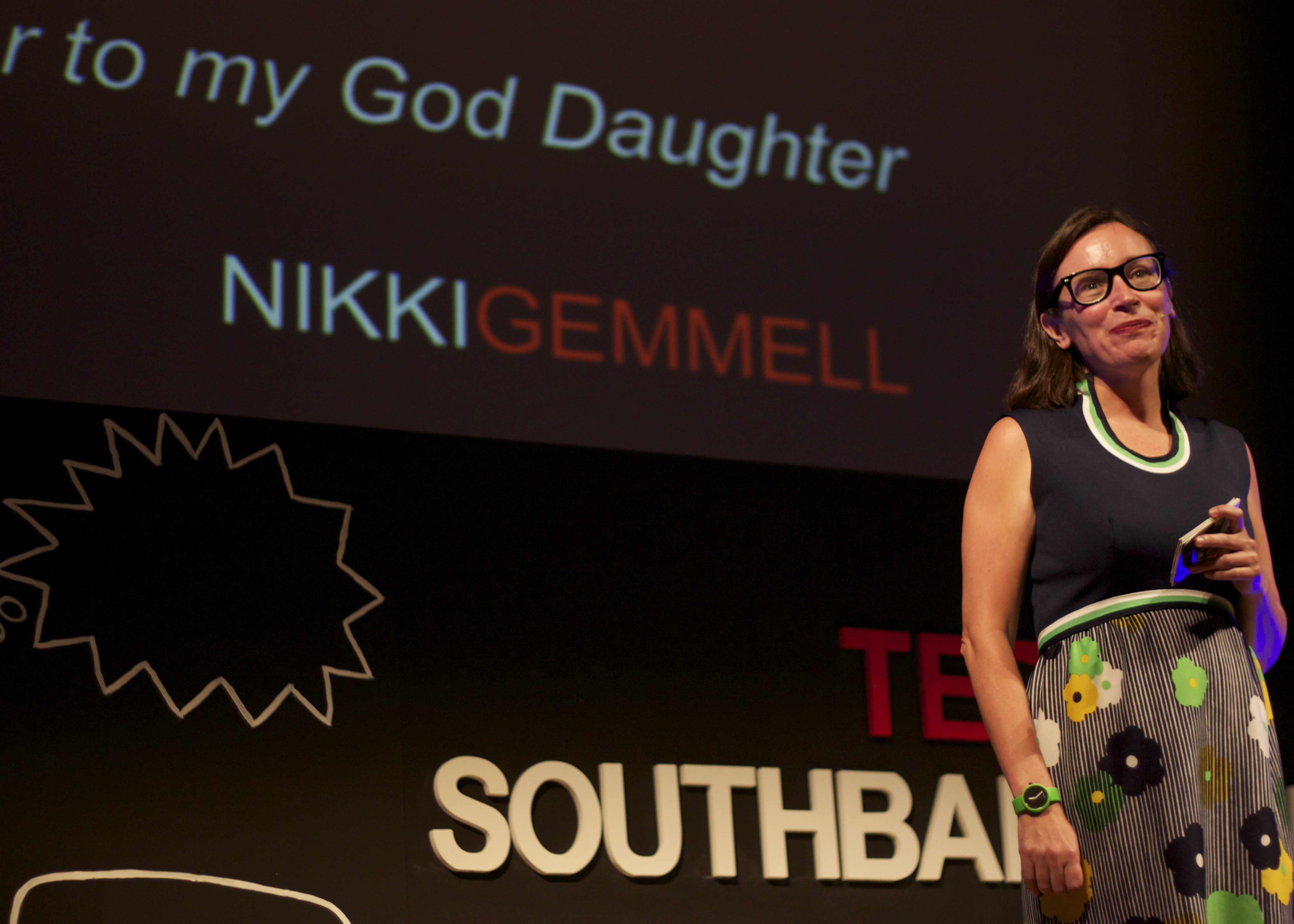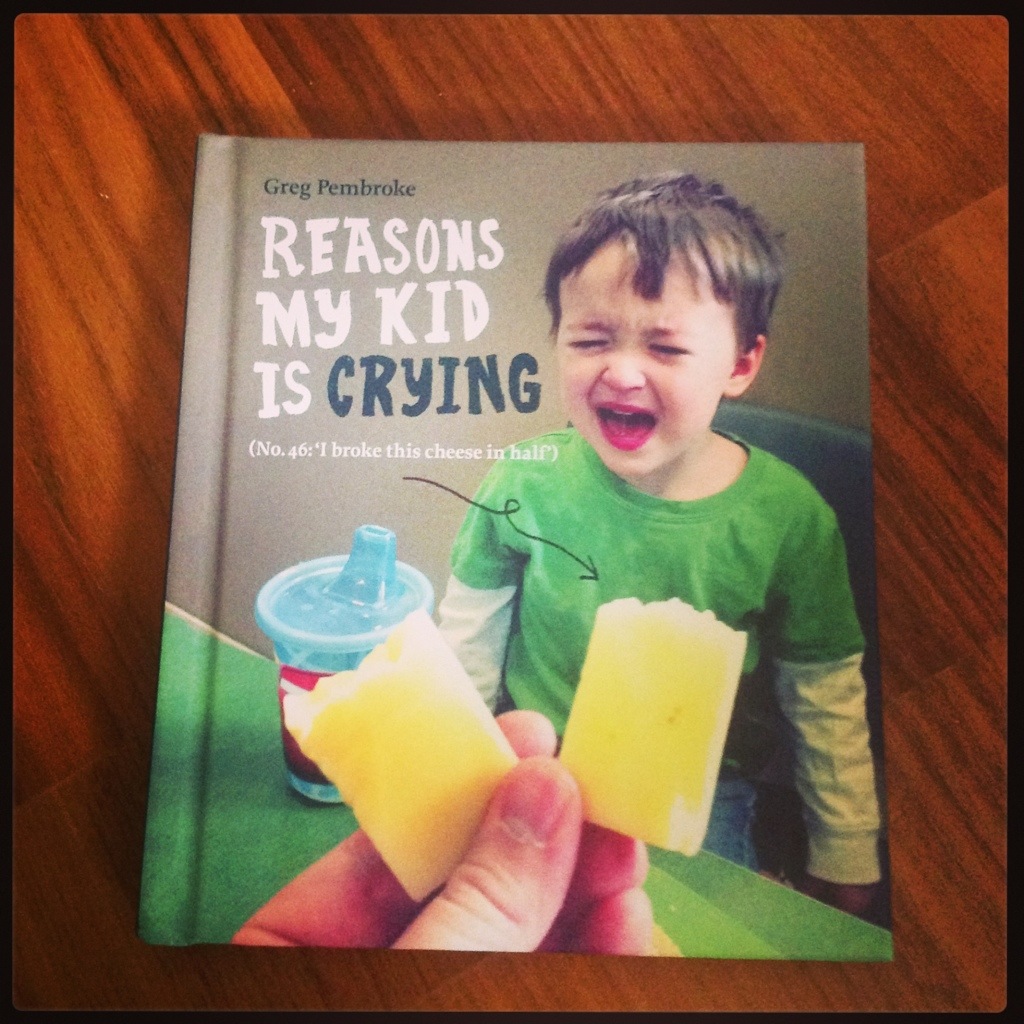Taking a long journey with young children in tow is never easy. Aside from the military-type organizational procedures that have to be followed before anyone can leave the house, the actual journey itself can be stressful and leave parents tearing their hair out! The good news is that there are ways to relieve the stress and keep the journey fairly trouble-free.
Occupying the kids
One of the main issues with any long journey, whether it be by car, train or plane, is that children do get bored. Anyone with regular experience of long trips with kids will know that making arrangements to keep the children occupied is essential. When traveling with kids, it is a good idea to allow them to take along a few games or books. This will help to stave off boredom and is particularly useful when travelling by train or plane where there are usually small lap tables for them to use. It is important to make sure that they do not get out all of their toys and games all at once. They should be rationed throughout the journey so that the children do not get bored with everything in the first half hour. They can pick the toys and games themselves before leaving home, but their choice should be vetted to make sure that they are practical for the trip.
Crayons and pads allow children to color or draw their own pictures. Parents who offer prizes for the resulting creations will find that this helps to keep the children focused for a little longer but need to take care to keep this balanced – each child should win at some point in order to avoid any tantrums!
Get a little creative
Sometimes a standby like books or travel versions of games like Scrabble just will not keep the kids occupied for long enough. This is where parents need to show a little creativity. Children can be encouraged to engage with the journey by talking to their parents about what they can see as they travel – this is a good one for a car journey. Looking out for landmarks can be turned into a game.
Parents can also read up on the places they are going to be visiting and spend some of the journey time talking to the children about them. It is important not to make this sound like a history or geography lesson – it should be as fun as possible. For example, a child with an interest in dinosaurs might want to hear about the natural history museum at the destination. Travel journals are a good option for those who have older children. Children can describe what they see and add things such as postcards and photos during the stay. This can be useful when they return to school and are asked to talk about their vacation!
Any journey taken with children can be challenging but, with a little forward thinking, it can actually go smoothly. Giving the kids activities that are relevant to the destination also helps them to feel a part of the trip and not as though they are just along for the ride.
http://www.roughguides.com/article/20-tips-for-travelling-with-children/






